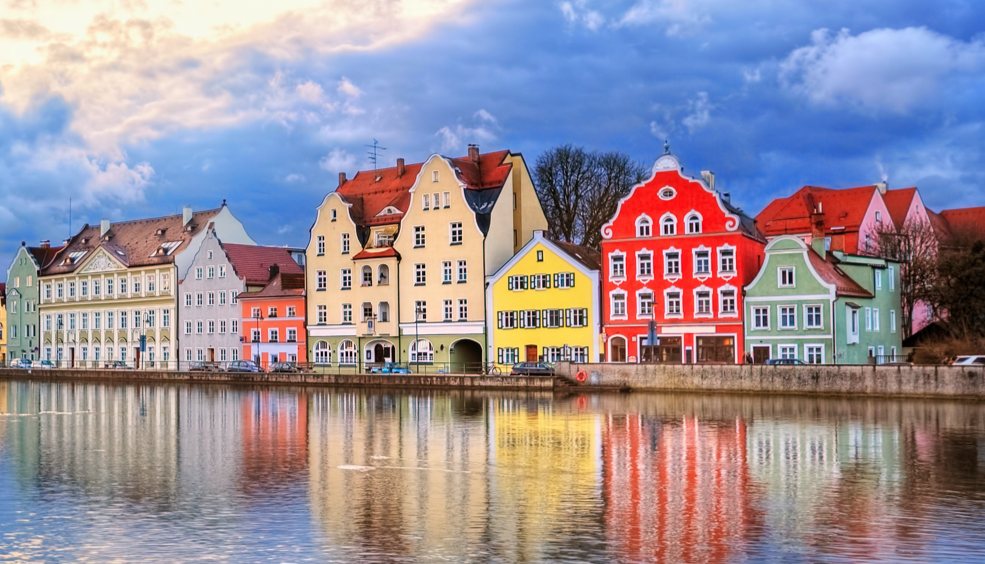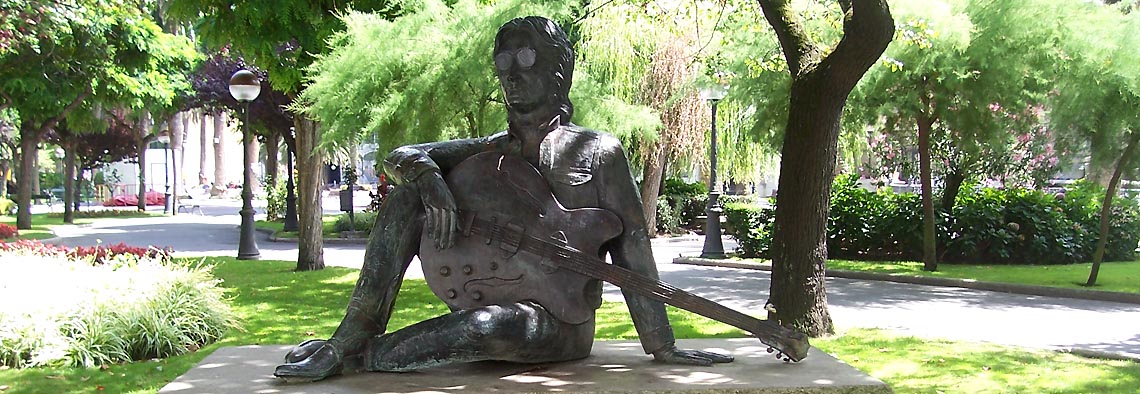Birmingham and the Birth of Heavy Metal
19 May, 2015
Birmingham has long been characterised by its strong musical drive. In the sixties, it already had 600 pop and rock bands. Musically speaking, the Birmingham scene stood out for its fusion. Indeed, almost all the musicians in those groups also played in parallel bands. Even soloists eschewed being pigeon-holed and poured out a blend of styles in their live shows. The fact is that musical amalgamations have been part of the city’s DNA since the 18th century, when street musicians sounded out practically all the styles to be had. Diversity and the culture of experimentation have led Birmingham to engender several musical styles. In the sixties, it was the Spencer Davis Group super band that provided the finishing touches to British rhythm and blues through a combination of folk, jazz, blues and soul. Although Pink Floyd were the initiators, English psychodelics was consolidated in Birmingham by The Move. But, there is one style that became a mass, global phenomenon – heavy metal – which germinated in the early seventies and was captained by Black Sabbath.
Macho Rock
Heavy metal has always been regarded as the epitome of hard rock. Not for nothing did it emerge as a far more extreme form of rock than anything that went before it. But, why in Birmingham and not in London? For the simple reason that it emerged in the centre of the country where trade, information and trends were continually converging. In effect, this enclave lay halfway between the country’s two major musical poles. One was London, with its white, hard-blues bands, many of whom had conquered America in the previous years. The other, Liverpool, a veritable nursery of melodic pop. Aside from being a nexus between the two, Birmingham contributed its grain of sand by incorporating jazz as a condiment. But, that was not all – darkness, and the repetitive, mechanical component associated with a city smothered in factories since the Industrial Revolution, proved to be more than latent. All these components came together in the early records of Black Sabbath – “Black Sabbath” (1970) and “Paranoid” (1972). While the former still rested on the solid springboard of unmitigated blues, the latter heralded the birth of a new style, with a far more polished sound, suited to a wider audience. The disc topped the charts in the UK, and reached number 8 in the USA. That recording hit a milestone beyond the reach of most, and its influence was decisive in the birth of punk (Sex Pistols), post-punk (Joy Division), stoner rock (Kyuss), grunge (Nirvana, Soundgarden, Mudhoney, Alice in Chains), and even rap (Ice-T, Cypress Hill).
The Father of the Child
Controversy is rife when it comes to asserting the paternity of the genre. There are two schools of thought – those who believe Led Zeppelin to be the pioneering band, and those who hold it to be the combo led by Ozzy Osbourne. At any rate, gestation clearly occurred in Birmingham and a large number of members of both groups hail from this city. All the members of Black Sabbath were nurtured on the local scene. Half of Led Zeppelin, too, as John Bohnam (drums) and Robert Plant (vocals) are local boys, having previously played in Band of Joy.
Conquering the World
Heavy metal managed to spread across the planet thanks to another Birmingham band – Judas Priest. Led by Rob Halford, they ratcheted the style up another notch, particularly with the release of “Stained Class” (1978), a disc that spearheaded what was known as the “new wave of British heavy metal”, which involved ditching the blues rock influence for good and focusing on other aspects of sound, such as power and speed. Their legacy sprouted ramifications in the form of speed metal, trash metal, death metal and black metal, and essential bands like Godflesh and Napalm Death. Their influence, however, was not only musical but also aesthetic, as it was they who ushered in prototypal heavy metal attire, based on leather, studs and the biker look.
A Heavy DNA Beyond Heavy
Many artificers of heavy metal music have sprung from the Birmingham scene, notably Blaze Bayley, Iron Maiden’s vocalist from 1994 to 1999. There are also those whose music, while not attributable to this genre, certainly influenced it in some way. Some of the most illustrious examples are Nick Mason, Pink Floyd’s drummer; Jeff Lynne, composer and singer with Electric Light Orchestra; Phil Lynott, the leader of Thin Lizzy – who was christened at St Edwards Church in Selly Park, very near Birmingham – and Marin Barre, the guitarist for Jethro Tull.
Birmingham’s musical spirit remains intact. Two scenes can currently be identified, both in rock and electronic. The city also boasts some of the most exciting festivals in the West Midlands, such as the Moseley Folk Festival, held in September.
Heavy metal never dies! Why wait any longer to discover the birthplace of this genre? Check out our flights here.
Text by ISABELYLUIS Comunicación
Images by Cindy Frey, Rowan Peter
19 May, 2015







